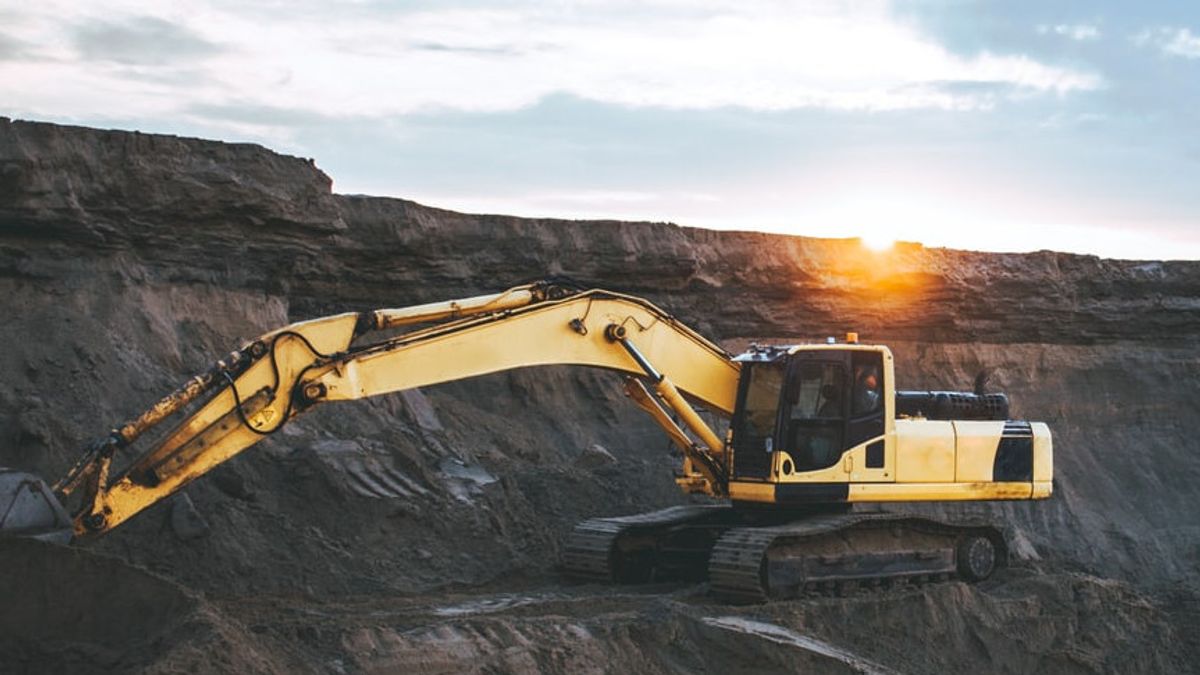JAKARTA - Mining companies from China will certainly find it difficult to expand to countries rich in mining resources, such as Australia and Canada. This is because the two countries are tightening foreign investment in the mining sector.
It is known that two Chinese companies, namely Shandong Gold Mining and Zijin Mining Group, have driven a wave of acquisitions from Canada to South America, then to South Africa this year.
But Canada and Australia have recently tightened investment restrictions for foreign companies. The two countries said they were worried that the economic slump due to the COVID-19 pandemic would make it easier for foreign companies to seize strategic assets.
In fact, there is no country that is explicitly mentioned in the limitation of the rule. However, several parties said that this regulation led to the incessant expansion of mining companies from China.
"That concern is almost entirely related to China," said Gordon Houlden, a former Canadian diplomat with experience in China and currently chairing the University of Alberta's China Institute.
A number of bankers and analysts think the restrictions will reduce interest in transactions in the strategic minerals sector. A Chinese firm's bid for an Australian lithium company will face pressure from the regulation.
Meanwhile last month, China's Goldsea Group stopped exploring gold miner Alta Metals after the Australian Foreign Investment Review Board (FIRB) took a lot of time to review the deal.
Graeme Testar, Director of PCF Capital Group in Perth, said the FIRB's decision was very disappointing because the exploration was related to gold.
"Gold is not included in the list of critical minerals," he said.
Last month, the FIRB said it would screen all transactions involving foreign investors who are interested in acquiring businesses that are sensitive to national security regardless of the value of the transactions.
In April, the agency blocked two investments made by two Chinese miners into the critical minerals sector, lithium and cobalt, which are widely used in high-tech fields such as renewable energy, electric vehicle batteries and defense.
Some bankers are concerned that the FIRB could block Chinese company Tianqi Lithium Corp from selling part of its 51 percent stake in Australia's Greenbushes, the world's largest lithium mine, to Chinese buyers.
"Chinese buyers continue to show interest and are willing to face increasing FIRB restrictions," said Sherif Andrawes, BDO's Global Head of Natural Resources.
Meanwhile Canada said it would supervise all investments involving state-owned companies from foreign countries. This was done to anticipate the growing risks to economic and national security.
Restricted Chinese Domestic ExplorationDavid Bo, former manager of Ivanhoe Mines, said Chinese miners were eyeing bids overseas because of domestic exploration restrictions.
Shandong Gold is awaiting approval for the acquisition of Toronto-listed TMAC Resources, which operates a gold mine in Canada's Nunavut region in the Arctic. TMAC shareholders approved the deal last month. But the Arctic location of the Hope Bay TMAC mine raises concerns.
"There is a very high chance that Canada will block the acquisition," said Jonathan Miller, deputy director and senior fellow at the Ottawa-based Macdonald-Laurier Institute.
The English, Chinese, Japanese, Arabic, and French versions are automatically generated by the AI. So there may still be inaccuracies in translating, please always see Indonesian as our main language. (system supported by DigitalSiber.id)










